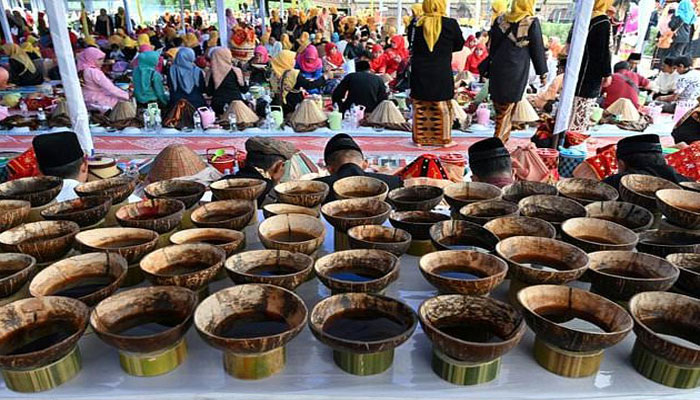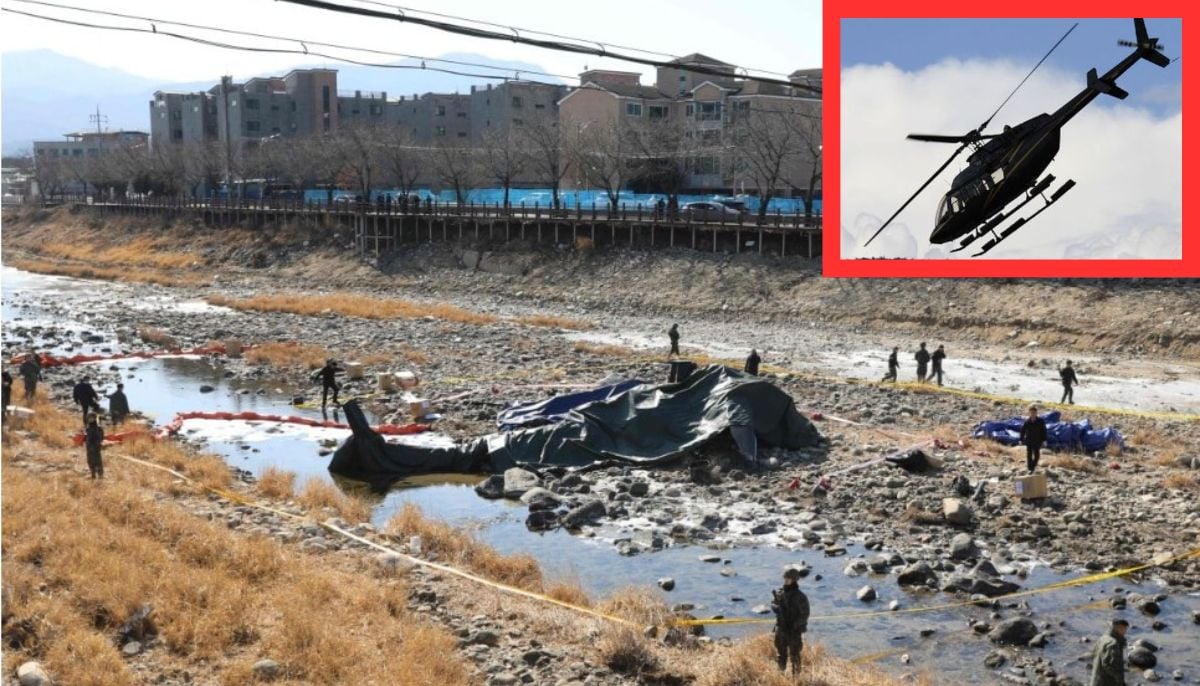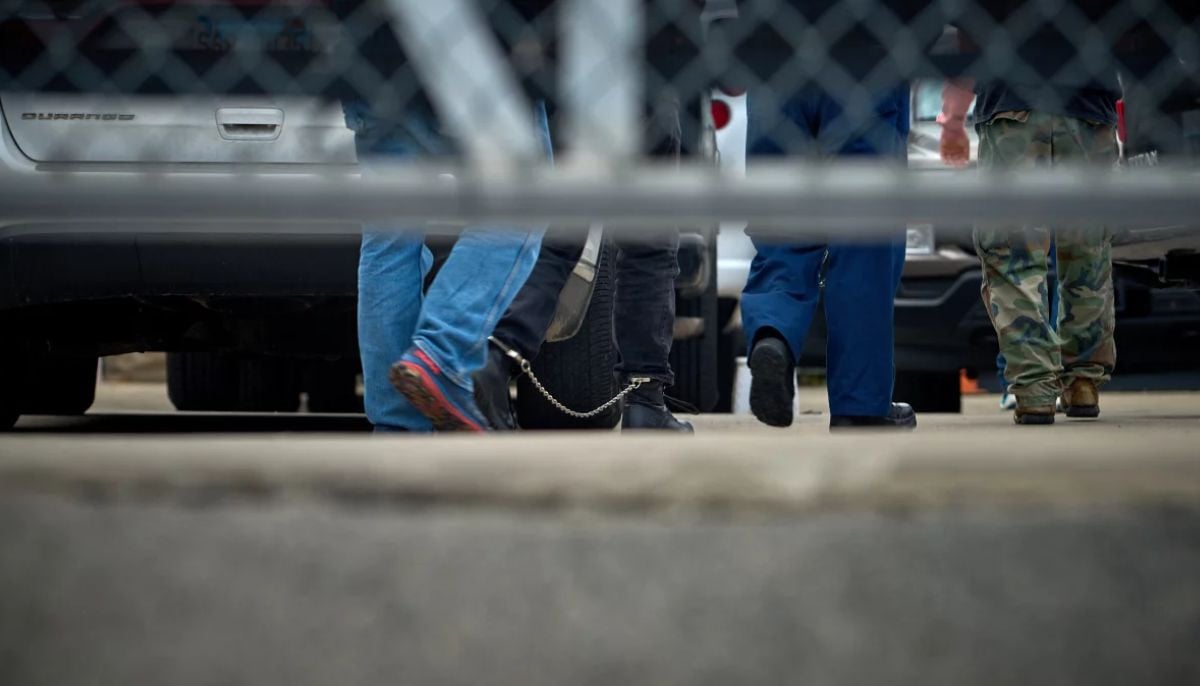Heavily caffeinated: Indonesians sip 4,000 cups of Java
Thousands of Indonesians lined up to get their mug of Java in the hopes of keeping alive a coffee tradition that dates back to Dutch colonial times.
BATUSANGKAR, Indonesia: Thousands of Indonesians lined up to get their mug of Java in the hopes of keeping alive a coffee tradition that dates back to Dutch colonial times.
"Everyone get your cup ready!" yelled an announcer to some 4,000 locals and visitors who sipped Kawa Daun coffee at a festival this week in Batusangkar on Sumatra island.
The area is home to a peculiar take on the drink that extracts flavour from the plant´s leaves rather than its beans.
It is an old-fashioned brew dating back to the colonial period when few locals could afford bean-extracted coffee.
So they boiled the throwaway leaves instead and served up the bitter beverage in cups made from dried coconut shells.
"I´m happy that we got to 4,000 cups of coffee -- it´s a new local record," declared Abdul Hakim, head of the local tourism office.
But folks in this remote pocket of Indonesia will have their work cut out to smash a national record set last year which saw some 1.9 million people sip a cup of coffee made the usual way.
At an open-air coffee shop near the festival, 37-year-old Efrizon was sipping a cup of Kawa Daun away from the caffeinated masses.
"It´s good for you and makes your body feel warm," he said of the local drink.
"And you´ve got this unique coconut shell to drink from instead of a glass."
The coffee competition is part of the five-day Minangkabau arts and culture festival, including a culinary ceremony known as Bajamba where hundreds of women walk in a procession with large, food-packed trays on their heads.
Their destination is scores of hungry revellers who sit on the floor across from each other, ready to tuck into local chili-infused dishes and a hugely popular slow-cooked curry known as rendang.
On Saturday, dozens of fearless racers will clasp the tails of angry bulls for a wet-and-wild race across rice paddies.
-
Hong Kong court sentences media tycoon Jimmy Lai to 20-years: Full list of charges explained
-
Trump passes verdict on Bad Bunny’s Super Bowl halftime show
-
Blac Chyna reveals her new approach to love, healing after recent heartbreak
-
Melissa Jon Hart explains rare reason behind not revisting old roles
-
Japan elects Takaichi as first woman Prime Minister after sweeping vote
-
'We were deceived': Noam Chomsky's wife regrets Epstein association
-
Martha Stewart on surviving rigorous times amid upcoming memoir release
-
18-month old on life-saving medication returned to ICE detention












